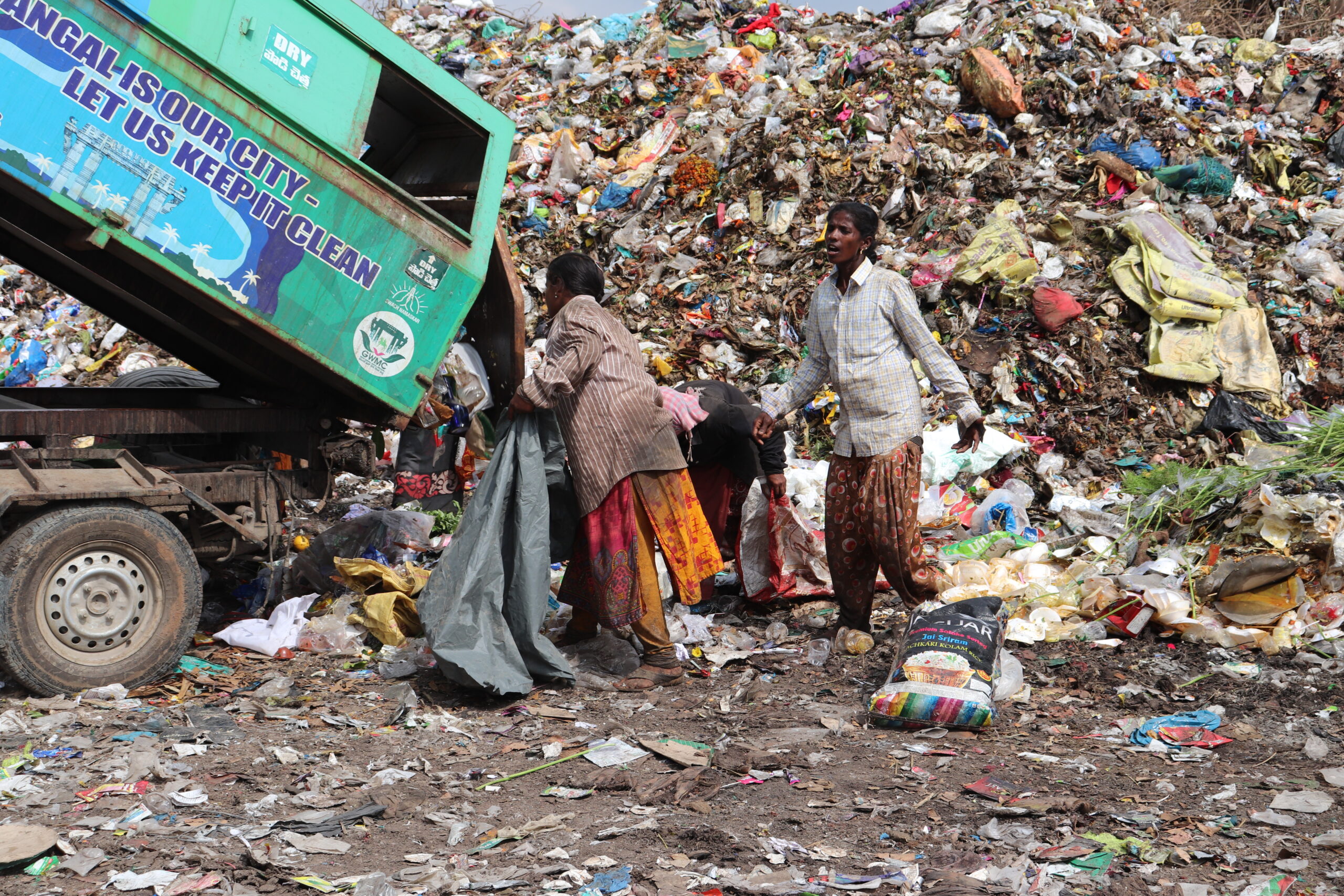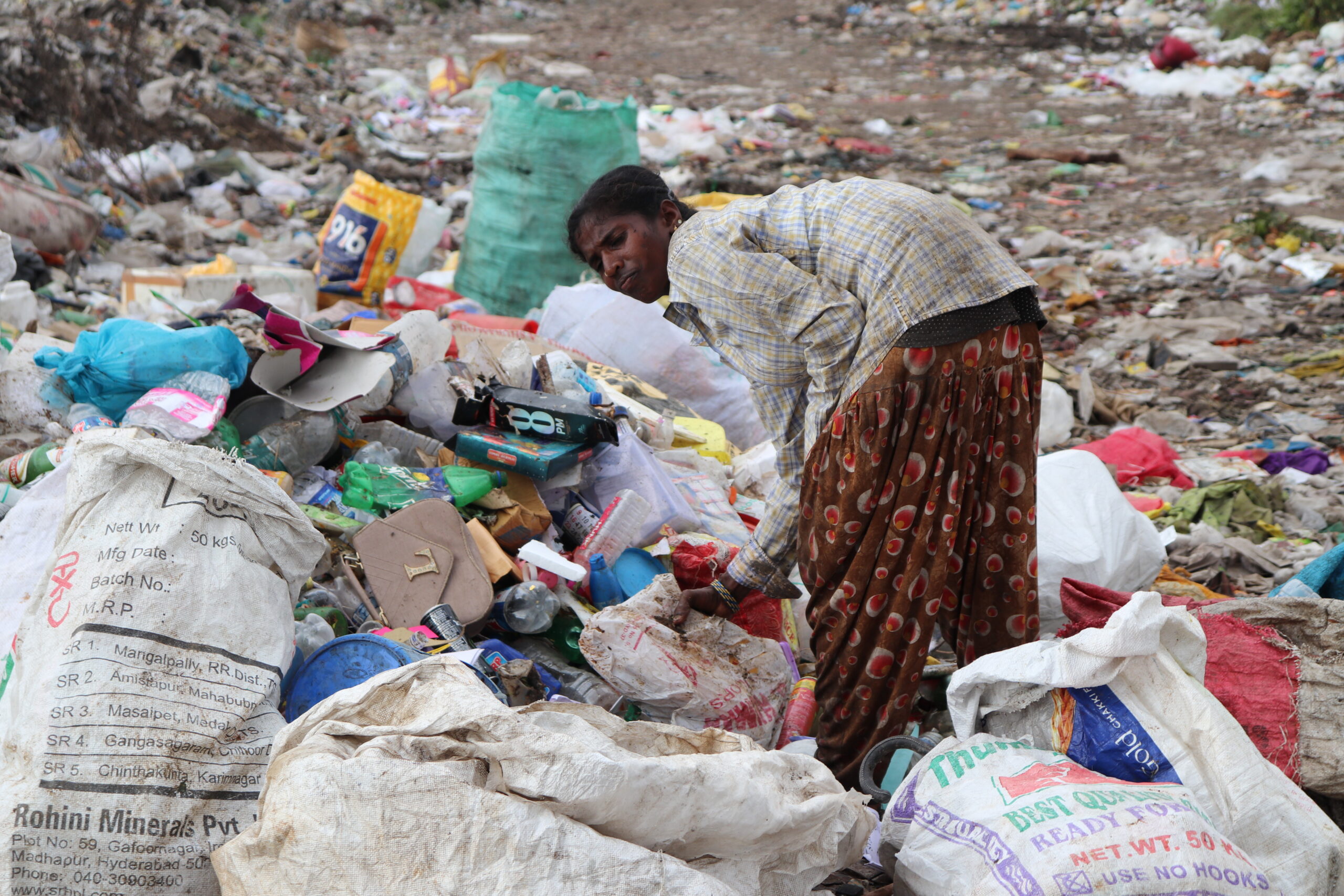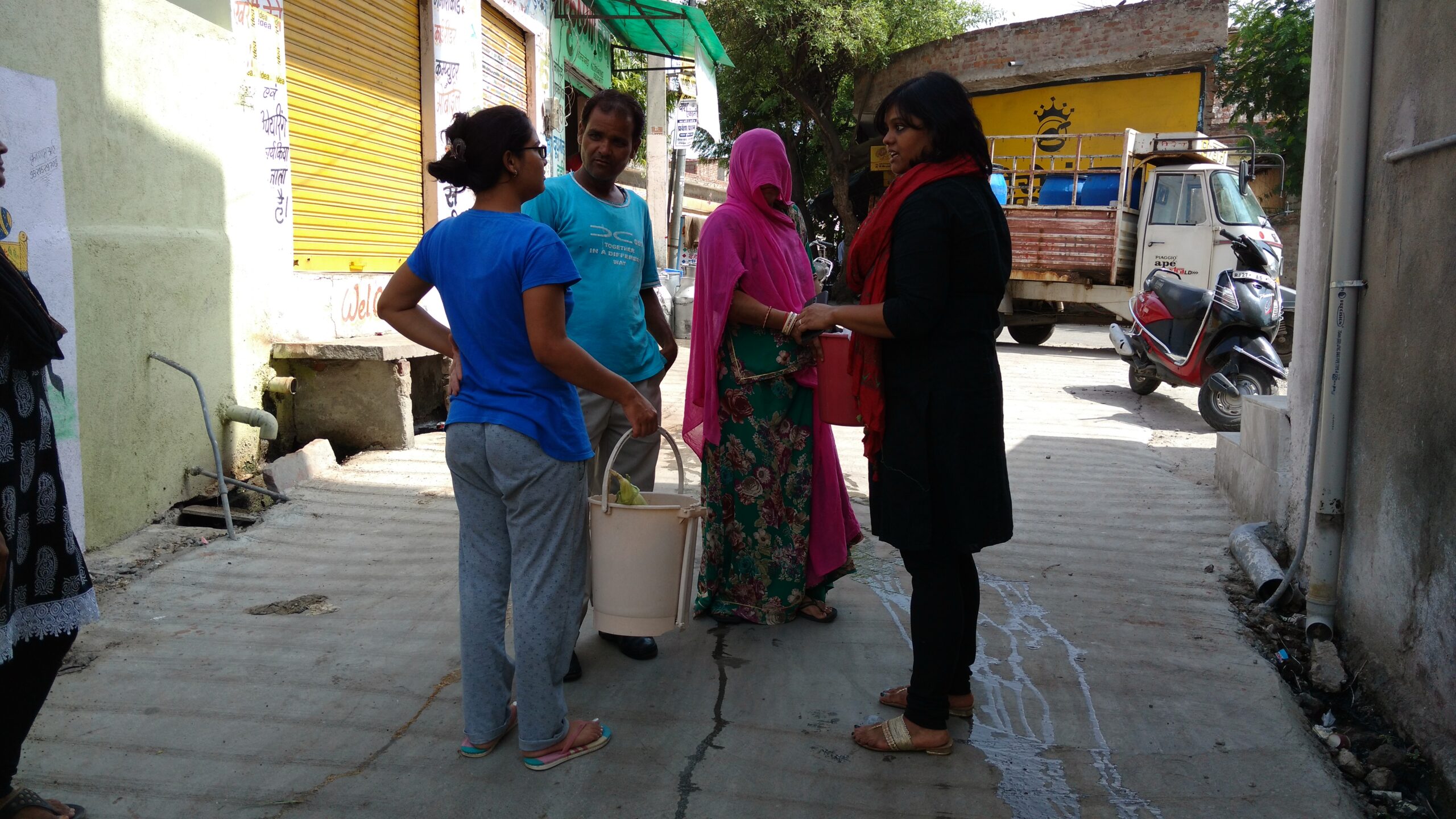How local governments are charting a ‘Zero Waste’ future

By Anuradha Adhikari and Kaushani Banerjee
Most of the Urban Local Bodies (ULBs) across the region face tremendous pressure to provide scientific and holistic waste management services in the midst of an unprecedented scale of urbanization that the countries are witnessing. Urban India generates 1.60 lakh tonnes per day (TPD) of solid waste in 2020-2021 (CPCB, 2022) which is expected to increase to 4.5 lakh TPD in 2030 and 11.95 lakh TPD by 2050 (MoHUA, 2021). The ULBs are facing significant challenges in providing comprehensive and scientifically sound waste management services and grappling due to insufficient budgets and funding, and lack of technical expertise, exacerbated by the sheer volume of waste to be managed. Most waste processing systems being capital intensive, financing a high-end scientific processing system increases financial burden on ULBs in the countries in the region. When factoring in the hidden costs of pollution, poor health and climate change from poor waste disposal practices, the cost is huge.
Therefore, it is the call of the hour to strengthen the existing capacities across the entire value chain to transition to a sustainable and resilient future. In the quest for sustainable urban development, the concept of Zero Waste is a veritable goal, driving cities towards sustainable and holistic efficient management of resources.
Zero Waste – A possibility or a distant dream?
Zero Waste is an environmental strategy and a holistic approach encompassing the principles of 3R (Reduce, Reuse, Recycle) mechanism i.e. bringing behavioral change to generate a minimum amount of waste, adopting the practice of reuse, recycling and scientific processing to maximise resource recovery. It integrates economic, environmental, and social dimensions to waste management practices through careful planning, design, and responsible consumption. And the International Day of Zero Waste marked on March 30 by the United Nations Environment Programme (UNEP) and the United Nations Human Settlements Programme (UN-Habitat), underscores this urgent need to minimise waste generation, maximise recovery and resource efficiency, and rethink our approach to consumption and waste.
Beyond Waste Management
ICLEI South Asia has been instrumental in fostering local, regional, and sub-national changes, benefiting over a billion people through five interlinked and comprehensive pathways, including the Circular Development pathway. And as part of its commitment to circular development, particularly at the local level, ICLEI South Asia has spearheaded several Zero Waste initiatives across the region through multi-year projects and programmes for an impactful transition towards zero waste cities and municipalities in the South Asian region. Most of these initiatives, implemented through a blend of technical support, pilot implementation, policy advocacy, and community-driven efforts, aim to reduce waste generation and enhance the efficient and scientific handling of the waste produced.
However, embracing a Zero Waste approach extends beyond the mere absence of waste generation. It encompasses a holistic approach to managing solid waste, emphasizing the 3R principle (Reduce, Reuse, Recycle), and minimizing dumping at the landfills. The approach enables environmental preservation and promotes social equity, and building sustainable futures. With the revised Solid Waste Management Rules, 2016 and the advent of the national level programme Swachh Bharat Mission (SBM), there has been a concerted push for the local governments to move towards scientific and sustainable waste management practices, which could ultimately lead them towards zero waste.
Navigating the pathway
From the innovative SUNYA project to comprehensive waste management strategies in cities such as Kota, Varanasi and Gwalior, ICLEI South Asia has been steadily driving change at the local level. Our interventions have focused on both-hard infrastructural measures as well as focus on bringing behavioral change among the communities. By mobilizing the community, generating awareness towards scientific and sustainable waste management practices, to designing, planning and integrating decentralized waste management approaches, promoting circularity, and innovating in plastic waste reduction, ICLEI South Asia’s initiatives are comprehensive and impactful. While encouraging shifting to zero waste practices, our approach also ensures a just transition for informal workers in the waste sector and addresses gender and socio-economic disparities in affected communities.
Initiatives such as promoting source segregation, distributing biodegradable bags, capacitating Self Help Groups (SHGs) for designing and producing cloth bags, to designing and implementing locally contextualized decentralized as well as centralized processing plants such as composting, bio-methanation plants, and Bio-CNG, installing Reverse Vending Machines are some of the examples highlighting ICLEI South Asia ‘s multifaceted approach to waste management- bringing all the stakeholders-communities especially women, promoting policy advocacy as well as technological solutions.
ICLEI South Asia has supported more than 30 cities in the South Asia region by developing holistic and scientific waste management action plans. A lot of these projects and programmes, funded by multilateral organizations such as UN Environment, the Swiss Agency for Development and Cooperation, and the European Commission, ICLEI South Asia has been able to continue championing the cause of sustainable waste management. By handholding cities for piloting waste management initiatives, enhancing 3R practices, and facilitating the adoption of decentralized processing facilities, ICLEI South Asia has been striving to break the linear approach of ‘take-make-break’ to a more nuanced circular approach, which not only promotes environmental sustainability but also paves the way for replicable and scalable solutions that resonate with cities worldwide.
Call to Action
With organic waste in landfills responsible for around 5% of total greenhouse gas emissions (IPCC), it is imperative for cities to transition towards circularity leading to zero waste. Considering that local contexts vary significantly, there is no one-size-fits all solution for systemic change; however, to deliver on climate goals by 2030, cities must adopt a comprehensive approach towards waste management for a sustainable future.
Anuradha Adhikari is an Assistant Manager and Kaushani Banerjee is a Communications Manager at ICLEI South Asia.


